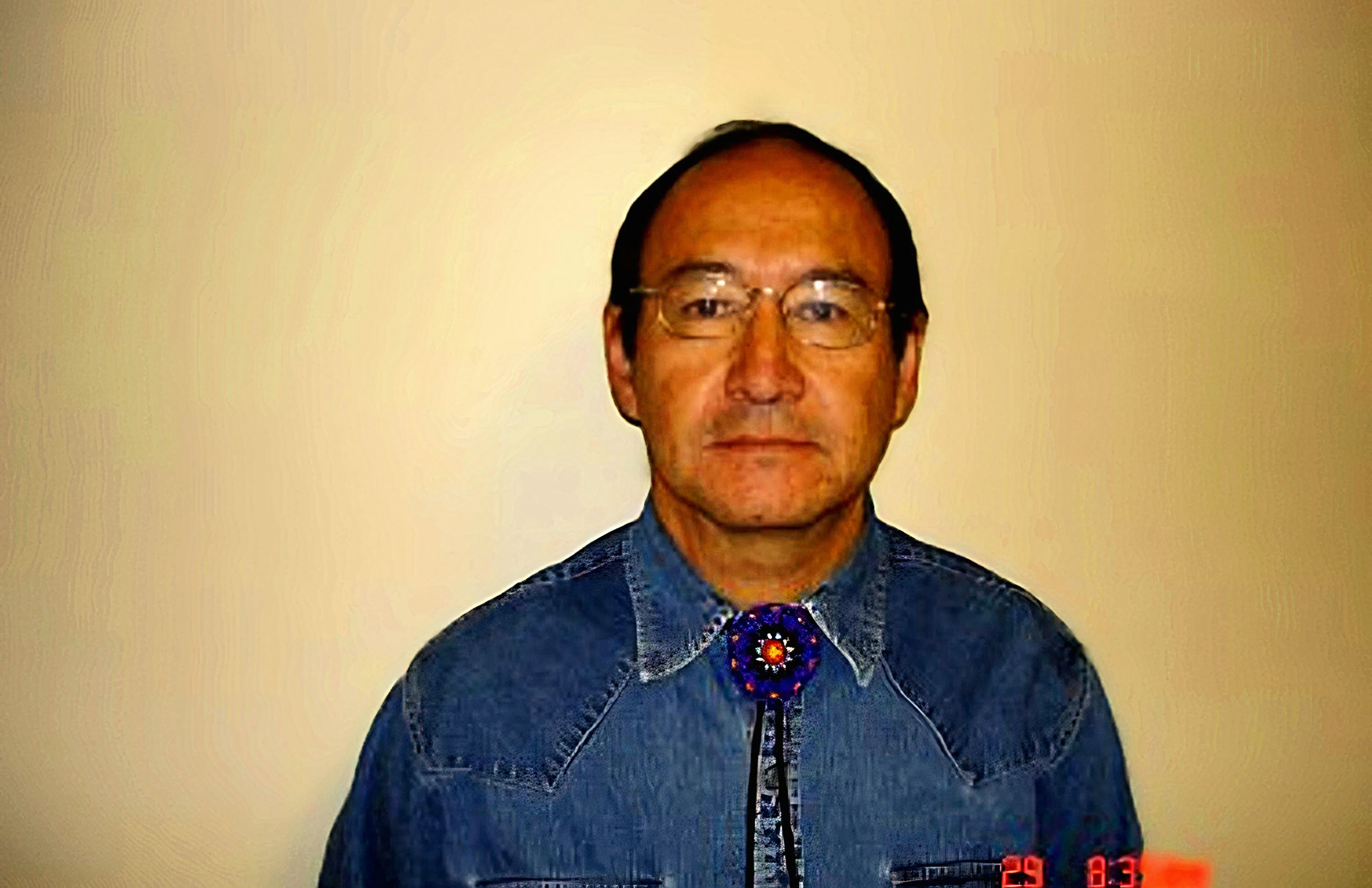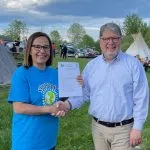
Did Residential Schools Also Abuse Our Souls?
One of my most vivid memories from residential school was the endless rounds of religious indoctrination survivors were subjected to.
It started with a prayer upon waking, saying grace when arriving for breakfast, then other prayers at dinner and supper. The day ended with monotonous group recitation of the rosary, and finally the night prayer. Some boys, like me, had the opportunity to dress up in priestly vestments as altar boys assisting at mass.
Sundays and important religious days were special as we dressed in our finest clothes and were given treats.
At Sunday masses children listened to sermons that often recounted the wrath God had towards unbelievers.
A huge cross at the front of the chapel showed in gory detail the agony of Christ, his suffering, we were told, was to save our souls. Then there was the dreaded confessional where one had to utter all our misdeeds to the priest sitting in the shadows behind a screen.
If one swore, or stole, or even thought something bad, we had to fess up or face the spiritual consequences!
This message was reinforced by Lacombe’s Ladder, a chart that hung by the entrance to classrooms. It showed clearly how those who sinned would not trod the path towards heaven, but instead would forever end up in fiery hell guarded by Satan.
As impressionable youth, we had little choice except to soak this all in.
We were led to believe our Indigenous spirituality was superstitious and evil. When we did go home, little was said about traditional beliefs, and we were led to believe people who summoned spirits were evil.
Many of the old people were themselves attended church, and even said the rosary daily. In those days, it was assumed that anyone who did not attend church was automatically a sinner.
But what was most damaging was what we were not told about.
Instead of being told we are descended from Adam and Eve, the first humans who ate of the Apple of the Tree of Good and Evil, we could have been told Manitou, our Creator, was benevolent and provided all that we needed.
All we needed to do was to accept that all of creation was sacred, was to be respected and cared for. We were taught that we were born as sinners and had to heed the Ten Commandments: Do not steal, do not lie, do not kill, do not covet, etc.
However, we were not informed about the Seven Virtues: humility, honesty, respect, courage, generosity, love and wisdom. These were in fact the laws of the land, and violation resulted in consequences including ridicule, exile or even death.
Then there was the most feared entity of all: wetiko, the spirit of greed. We constantly fought to keep wetiko at bay, for once let loose, it would consume its victim. Today, wetiko is loose and personified in the ubiquitous presence of Satan.
While our spiritual education definitely came up short, the knowledge systems that we were told were vital, were not in harmony with our cultural beliefs. Learning English, while indispensable as a tool of communication, tends to be a secular and transactional language, whereas Indigenous languages such as Cree emphasized spirituality and harmonious relationships.
History and its biases towards civilization and the conquests of supposedly superior colonizers over savage Indigenous populations was terribly damaging to one’s sense of self-worth. Finally, maths and sciences represent knowledge systems bent on control, profit and manipulation of the natural environment.
Sadly, the effects of residential school education ended up in alienation from traditional culture and communities, self-hatred and self-destructive behaviours. While some survivors have become “successes” in terms of adapting to mainstream society, they have often done so at the cost of loss of culture, community and understanding of their spiritual heritage.
It is only in recent years the beginnings of healing have become possible.
First Nations are now able to teach their languages and culture in their classrooms. Non-Indigenous teachers are becoming more sensitive to and aware of the value of teaching about Indigenous cultures. The wisdom of Elders is slowly being heard and understood to provide potential value in a troubled world.
It is vital the world heritage of Indigenous wisdom be recognized and respected if we as survivors can heal, and help non-Indigenous people to return to a path of respect for the world and for one another.
Dr. Blair Stonechild is the author of three books on Indigenous Spirituality: The Knowledge Seeker: Embracing Indigenous Spirituality (2016); Loss of Indigenous Eden, and the Fall of Spirituality (2020); and Challenge to Civilization: Indigenous Wisdom and the Future (2024).

